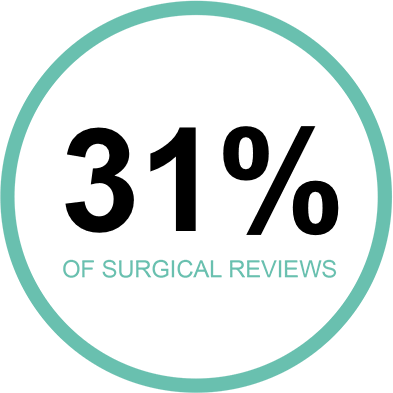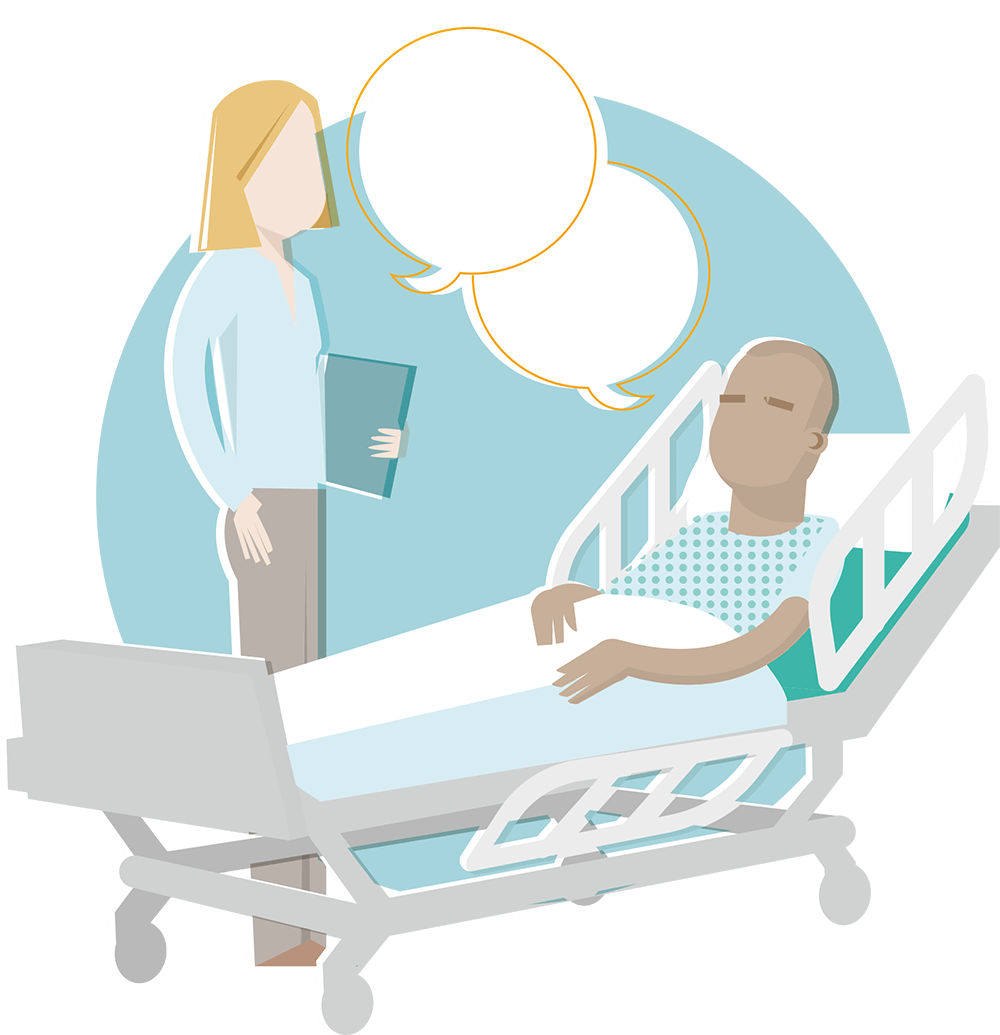Learning from patient experience
Meaningful engagement with information about the patient experience, and the ability to demonstrate how this information is being used to improve care quality is a helpful indicator of an effective service.
For each review, we requested information about patient complaints and the responses provided. This provided a valuable perspective on the management of a service.
Single episodes of care rather than overall quality of experience
Surgeons and services under pressure often lose sight of the patient's views about the quality of the service. They focus on the patient they are presented with on that specific day, and seek to resolve the immediate problem without reviewing the patient’s overall quality of experience.
Engaging with and learning from patient feedback
The way a service engages with patient feedback and complaints is a useful indicator of its leadership. Surgeons or services in difficulty can become defensive about patient complaints and dismissive of the perspective of the complainant. Their desire is to resolve single issues in isolation without reviewing the patient’s overall experience, or considering common themes that may occur throughout the care delivered by various surgeons.
Using patient feedback as an opportunity for wider learning
A further indicator of a surgeon or a service under pressure is where there is an attempt to 'close down' and 'contain' patient complaints rather than use them as an opportunity to improve individual practice or the delivery of the service.
The best services will be proactive and derive ways to learn from patients about how the care they provide is experienced. They will take the longer view and seek to avoid problems before they arise.
Demonstrating how concerns have been resolved and how changes have occurred
Our overall experience is that while most complaints are responded to and resolved, the individuals and services do not discuss what has been learned and how they can ensure that a similar situation does not recur. Practice can be variable and we understand that while on some occasions lessons are learned, hospitals often lack sufficiently well-organised systems to do this routinely.
A service that is being well led and managed will be able to show clear examples of how:
- patient complaints have been responded to
- patient experience data is learned from
- concerns have been addressed and changes to practice implemented to improve patient care.
Resources:
- NICE | Patient experience in adult NHS service
- The Patient Experience Library
- DHSC | Measuring patient experience of integration in the NHS
- GMC | Colleague and patient feedback for revalidation
- NHS Surveys | Using patient feedback
- Patient Experience Network (PEN) | Improving Patient Experience for Children and Young People

